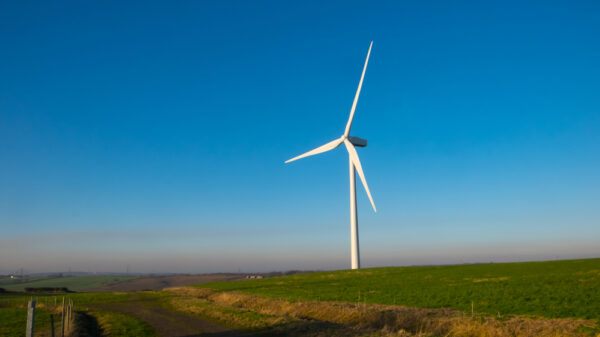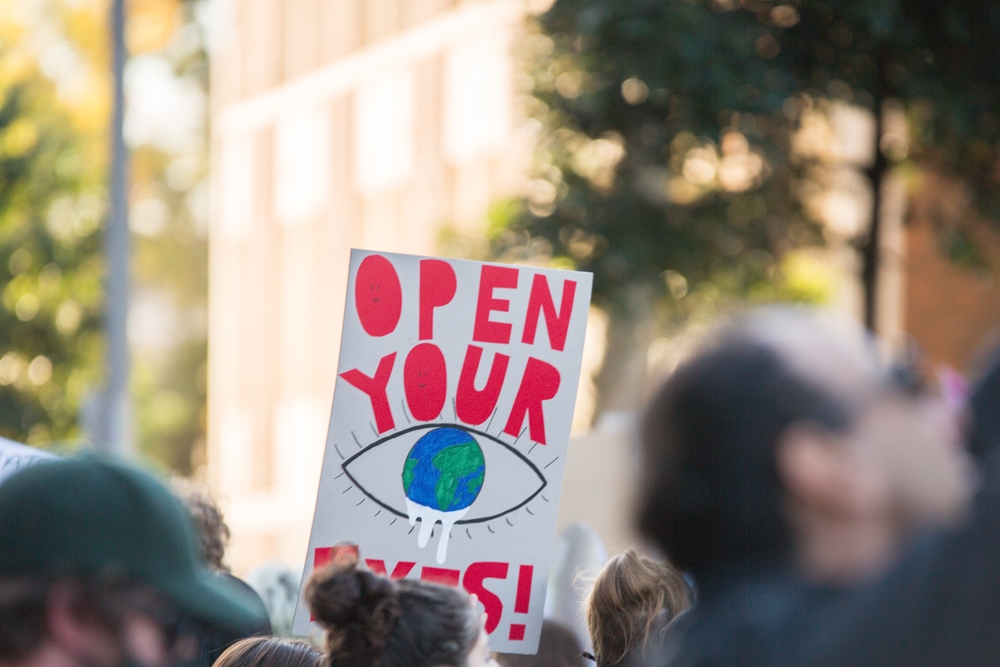Up to 90% of the world’s biggest cotton buyers, including popular brands Gap, Levi Strauss & Co, Inditex, Hugo Boss and ASOS, do not yet meet minimum standards for transparency and fair labour.
Only nine out of 82 brands assessed in the 2023 Sustainable Cotton Hub Ranking – a collaborative effort from Solidaridad Europe and the Pesticide Action Network UK (PAN UK) – were found to be buying at least 99% of their cotton from sources that had been certified.
They were: Decathlon, H&M, IKEA, Adidas, Colombia Sportswear, Marks and Spencer, C&A, Lojas Renner and Puma.
This is particularly good news for Adidas and Puma as both sportswear brands were named in a damning report last year, after Xinjiang cotton – which is linked to forced labour and is banned in the US – was found in their products.
By contrast, 30 brands, including MaxMara, Forever 21, Foot Locker and Giorgio Armani were given a score of zero.
The ranking considered whether cotton was recycled, whether it had certification standards and whether it was organic – meaning it had been grown without pesticides which have been linked with health issues among farmers, particularly in developing countries.
Subscribe to Sustainability Beat for free
Sign up here to get the latest sustainability news sent straight to your inbox each morning
“Nearly half of smallholder cotton farmers are poisoned by pesticides every year,”said PAN UK international projects manager Rajan Bhopal, one of the report’s authors.
“Zero pesticide poisoning is possible today if textile and apparel companies choose to take responsibility for their supply chains and deepen investment in supporting a transition to agroecological cotton production.”
Solidaridad Europe senior policy advisor Tamar Hoek, who also contributed to the report, said: “Given the resources available to big brands, unsustainable cotton is a choice. But it doesn’t have to be one we live with.”
“Brands and retailers can make new decisions. They can choose to take on the complex question of fair play, rather than use it as an excuse. And they can choose to engage with all actors along their supply chain, rather than their intermediaries.”










